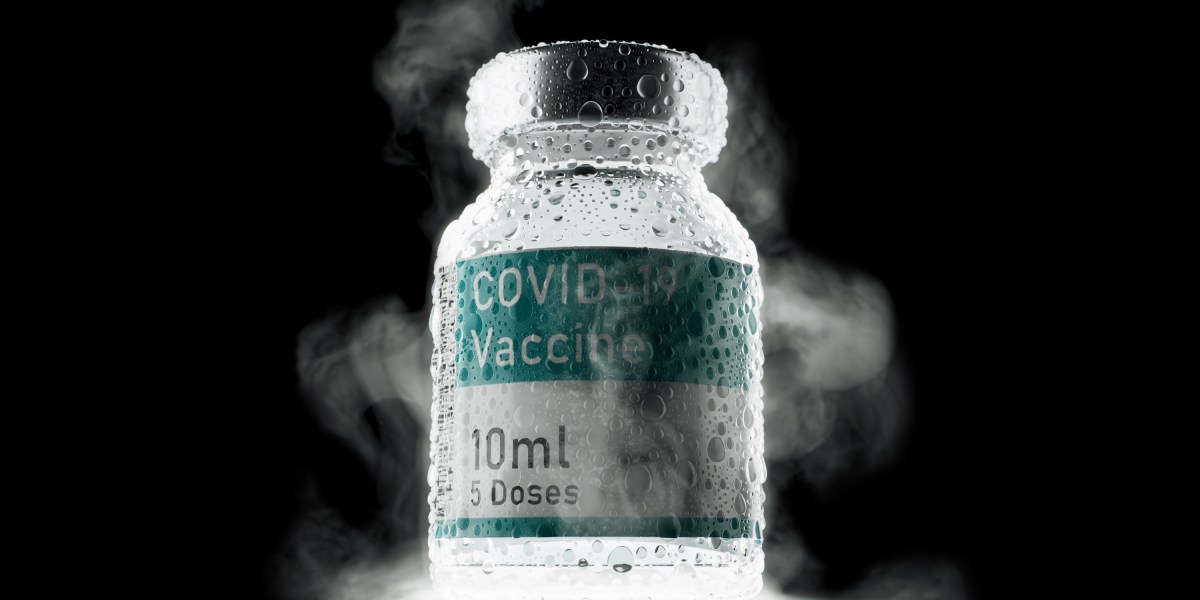
Then there are the refrigerators themselves.
In 2009, engineers at the Bill and Melinda Gates Foundation in Seattle started designing an off-grid refrigerator for use in places with little to no infrastructure for the cold chain.
The result was the Arktek—a barrel-size super Thermos intended to refrigerate vaccines or other biological samples. Different substances can prime it to store materials at different temperatures: dry ice can keep samples at -80 °C, while a mixture of water and ethanol can set the temperature at around -20 °C. If it holds 450 vials, they will stay chilled for three to four weeks, while 750 vials can remain cold for at most two weeks, says Daniel Lieberman, Arktek’s inventor at GHLabs, a nonprofit created by the Gates Foundation. Because the device has no electrical parts, it’s extremely hard to break: it will be rendered useless only if someone manages to puncture the vacuum seal.
The device was first put to the test in 2014, when Ebola ravaged villages in West Africa. The vaccine available at the time, developed by Merck, required refrigeration at -80 °C. When Arktek was deployed in the field in 2015, it played a role in vaccinating 8,000 individuals and helped stop the Ebola outbreak.
Since then, the 3,000 or so units have remained in countries throughout Africa, says Lieberman, and are used to store routine vaccines for diseases such as measles, polio, chicken pox, and hepatitis. Various international organizations, such as UNICEF and Doctors Without Borders, purchase Arkteks for countries that need them. Around 1,000 new units have been manufactured specifically to handle distribution of covid-19 vaccines, says Shouda Li, the general manager of the device’s manufacturer, Aucma, which is based in China. Those new units will be sent to South and Southeast Asia, the Middle East, and some countries in Latin America, Li says.
There is one more experimental approach in development—one that would avoid the cold chain altogether, says Weissman. Some developers have dehydrated the current covid vaccines. Dehydration would make the dose stable at room temperature indefinitely, says Weissman, until it is reconstituted right before use. The drawback is that it would make the vaccine harder to produce: dehydration adds extra processing, which would significantly increase the manufacturing costs. Still, Pfizer says it may have this ready by 2022.
For mRNA vaccines, reliable room-temperature storage would be a game changer, eliminating one long-standing obstacle to vaccines for all.
Fuller says: “The cold chain has always been an issue for [the] distribution of vaccines, and it’s only magnified in a pandemic where it’s so crucial to vaccinate all corners of the globe as quickly as possible.”
This story is part of the Pandemic Technology Project, supported by The Rockefeller Foundation.






